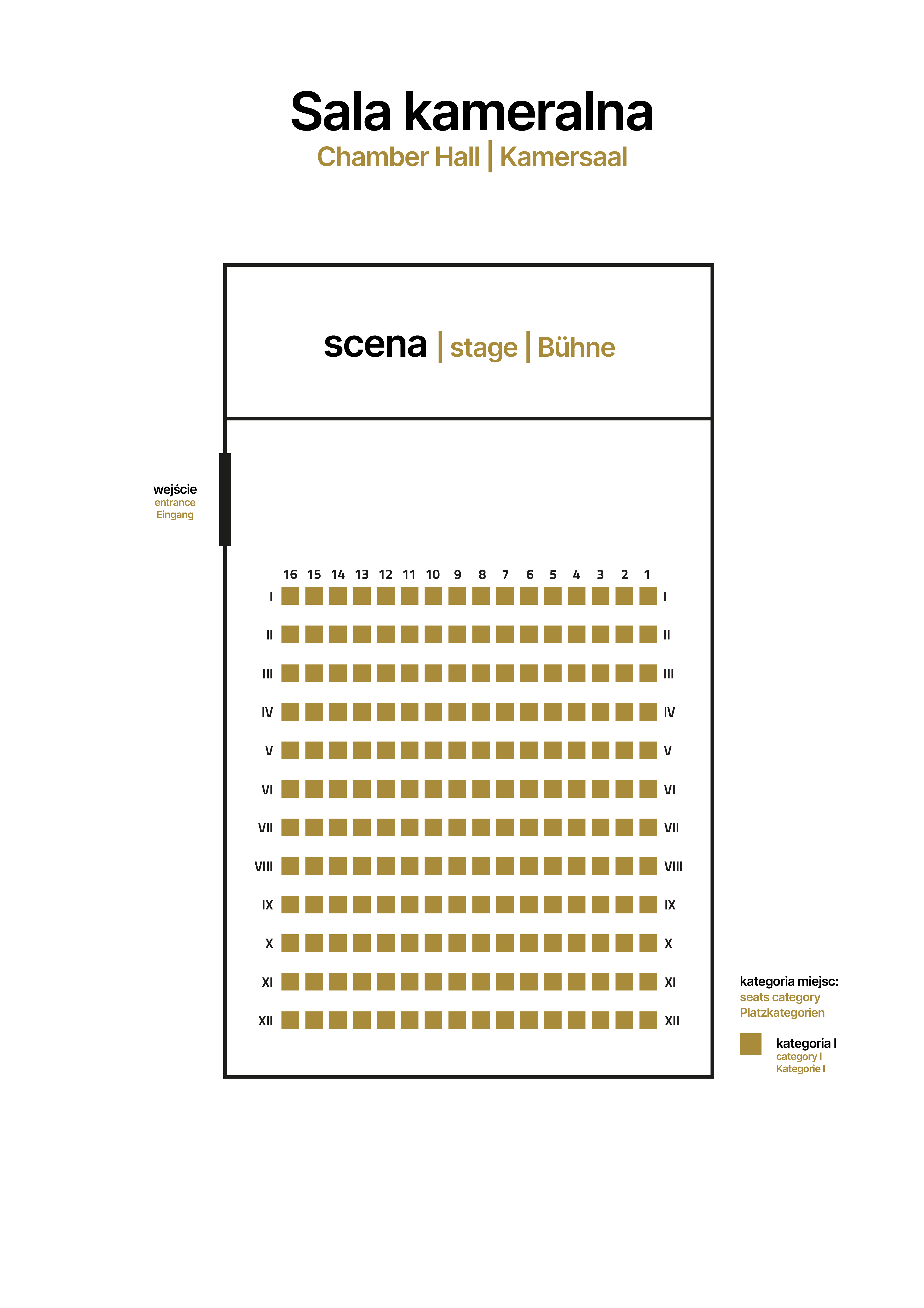Sergei Rachmaninoff was not a typical composer of miniatures. Although he often wrote short forms – preludes, etudes, songs – he spoke through them in the same language as in his monumental piano concertos. His music, even in the shortest works, carries intensity: lyrical, dramatic, sometimes surprisingly light, but never random.
He was born in 1873 into a family of noble origin, studied in St. Petersburg and Moscow, and his debut as a composer and pianist quickly brought him fame. However, the fate of his generation was brutal. In 1917, shortly after the October Revolution, Rachmaninoff was forced to leave Russia with his family. He lost everything: his home, friends, sources of income, and even the copyright to his own compositions, which remained in the country. He was 44 years old and had to start a new life – in the West, in a completely different reality.
Out of necessity, he devoted himself primarily to a career as a pianist. He performed almost constantly, which gave him financial independence but limited his time for composing. Looking back years later, he said openly: it wasn't his choice. If I didn't have to play, I would compose more, he wrote in a letter to a friend.
The repertoire of this evening is not a review of forms, but a series of portraits: moods, emotions, fleeting moments. Many of these pieces are adaptations – songs, piano preludes, fragments of larger works rewritten for violin and piano. But each of these miniatures carries the exact imprint – the voice of a composer creating in exile, with a memory of a lost world.
It is music that is internally cohesive, regardless of form and instrumentation. A few bars are enough to hear the same voice: intense, full of tension, deliberate.
DETAILS
The Anatomy of Longing
05-11-2025 19:00

Chamber hallFilharmonia im. Mieczysława Karłowicza w Szczecinie
ul. Małopolska 48
70-515 Szczecin

